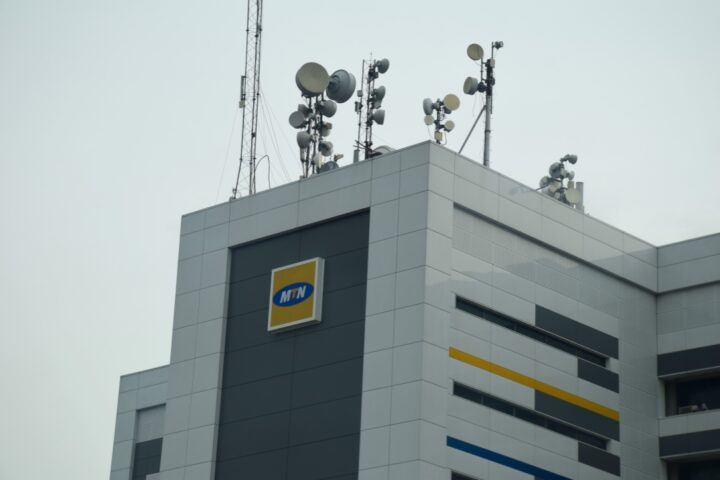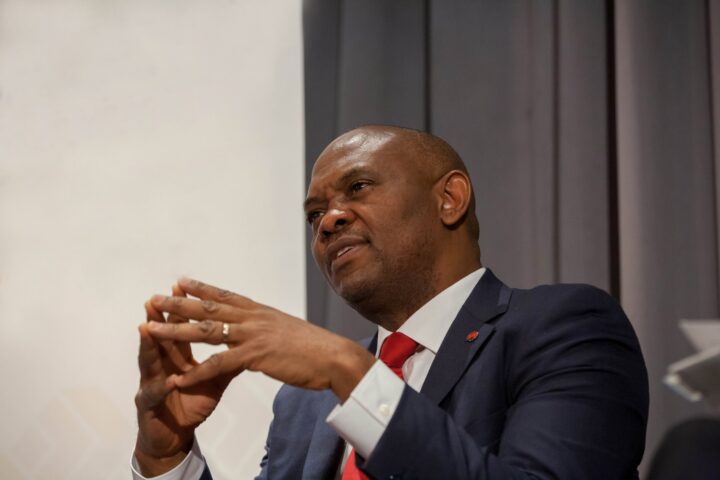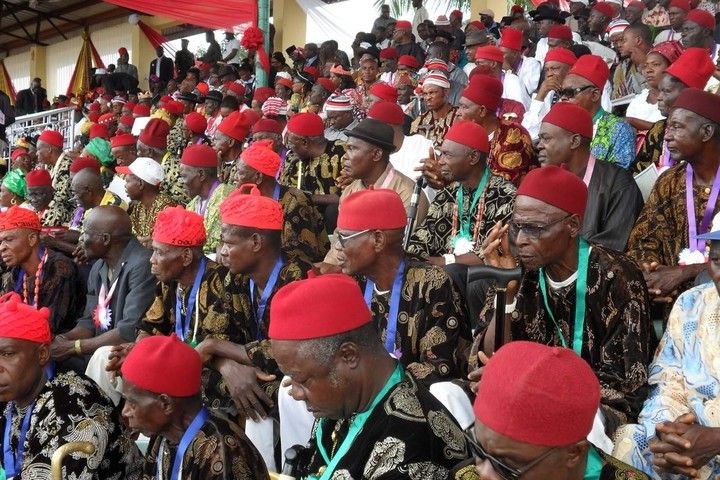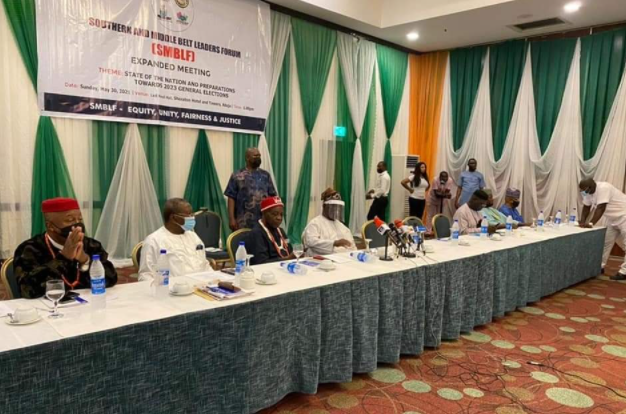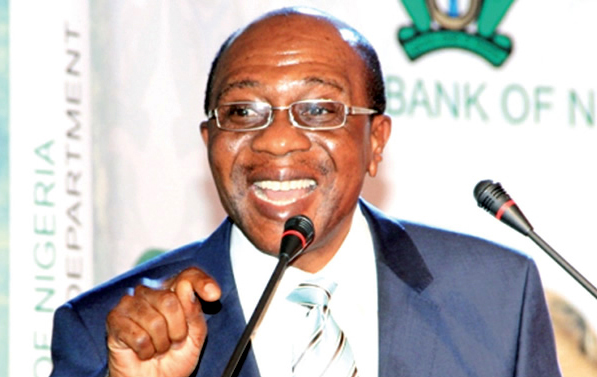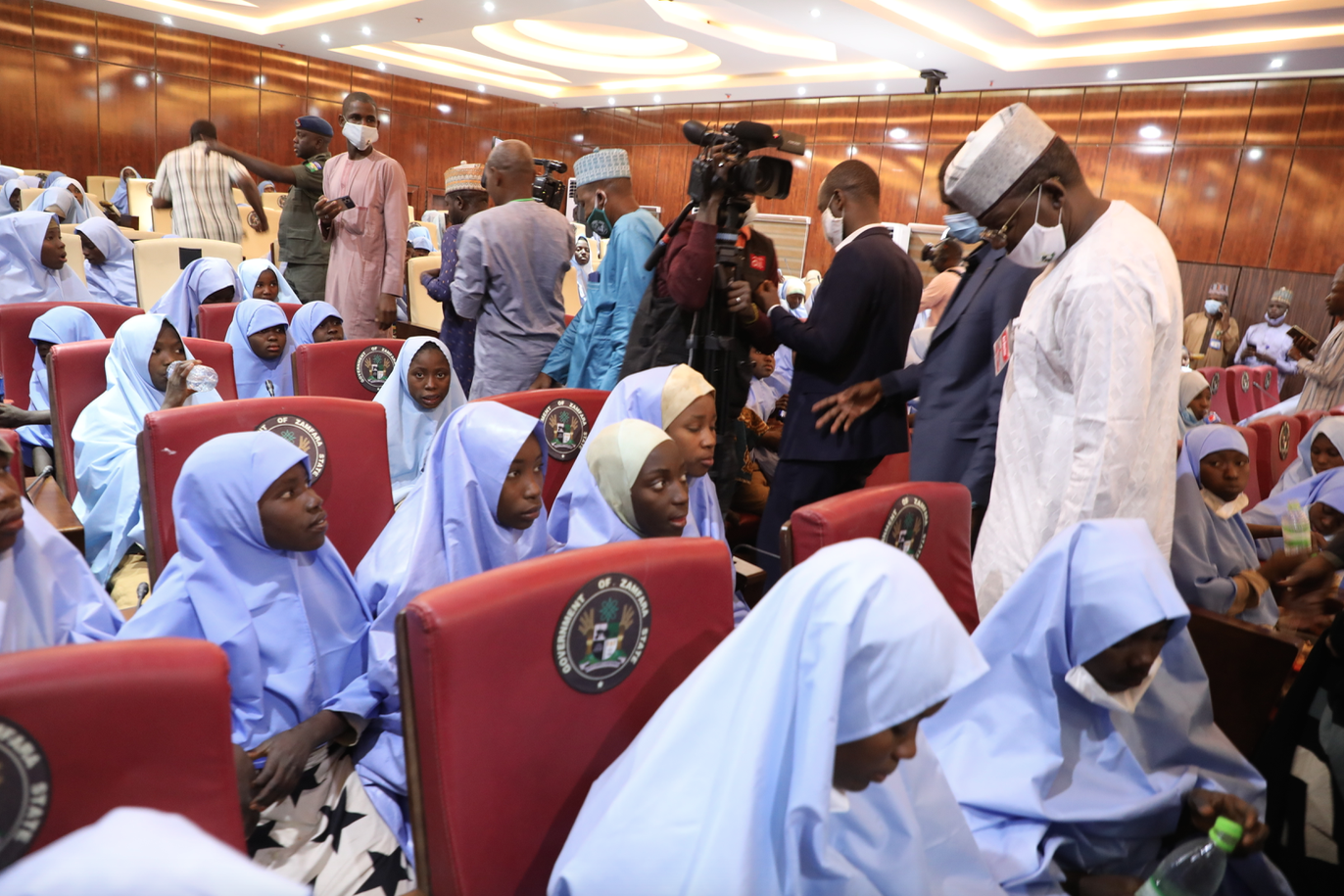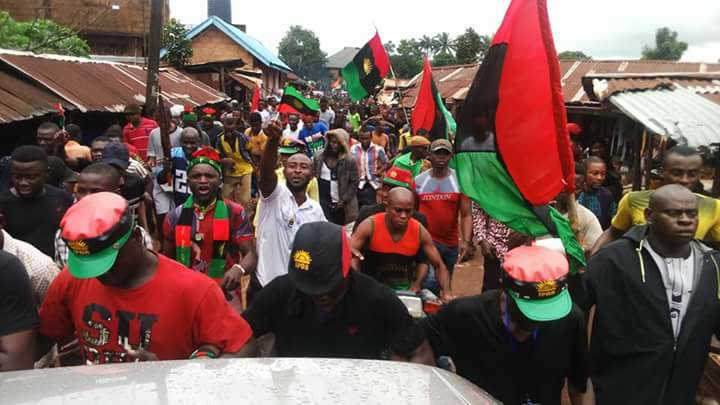MTN Plaza, Ikoyi, Lagos
Photo: Ibrahim Mansur/TheCable
GSM service provider, MTN, last week became a victim of its expansive growth and capacity in Nigeria when it struggled to correct a Reuters’ report on Nigeria concerning insecurity. After all, Achilles thus have a weak part of the body in spite of his famed strength. Unfortunately, that weak spot was further exposed because MTN’s response was never as widely carried.
Scooping a letter from MTN to a few enterprise customers in some parts of the country, Reuters sent out a story to the effect that rising insecurity in different parts of the country could disrupt telecommunications services.
“Sadly, we must inform you that with the rising insecurity in different parts of Nigeria, service delivery to your organization may be impacted in the coming days,” Reuters quoted MTN to have said in that message.
“This means that in some cases, our technical support team may not be able to get to your site and achieve optimum turnaround time in fault management as quickly as possible,” the statement added.
Advertisement
The story quickly gained traction for two reason: One, if it is Nigeria the story must be true because there is widespread insecurity facing the nation. Two, if it is MTN, the story must also be true because MTN is one of the biggest businesses in Nigeria at the moment. MTN has operations in about 21 countries in Africa and in the Middle East and Asia. But Nigeria remains about its most lucrative market, which is why the operator was able to survive a bruising fine at the inception of this administration. Therefore, what MTN says about Nigeria must be taken with more than a pinch of salt.
There were other conspiracies of the elements. The MTN Group Head, Ralph Mupita, MTN Nigeria CEO, Carl Toriola and MTN Nigeria Chairman, Ernest Ndukwe also paid a visit to the President Muhammadu Buhari in the Villa. It would have been assumed, as a source hinted, that MTN escalated their security fears to the President. Although security was not mentioned openly, there was the President challenging MTN to crash prices of Data and some other services in the telecommunications sector.
I enjoyed all the drama last week but I was also very convinced within me that whoever wrote the President’s speech for that occasion was very inept, for reasons I will explain shortly. But first some little stay with MTN. With over 80m subscriber-base, MTN enjoys about 40 per cent share of the Nigerian market, leaving the remaining to Glo, Airtel, and 9Mobile at distant last. For this reason, MTN is declared dominant operator by the regulator, the Nigerian Communications Commission (NCC), and every of its action keenly watched and monitored to the minutest detail.
Advertisement
Could this kind of organization be involved in any miscommunication? Not likely, because such communication will affect the fortunes of the company in the markets it operates. The share value could take a tumble and only a few investors have the stomach to accommodate such avoidable misfortune.
But was there a communication with some enterprise customers? Our links at MTN confirmed the communication but said it was a message to a few customers which Reuters nationalized and also added a little salt of international dimension by linking the development to the MTN group. A particular source said the story treatment was to fit the narrative of what the international community would want to hear about Nigeria but lamented that no media organization reached out to MTN for verification.
Before pursuing this thought further, let us quickly revisit the meeting at the Presidency and point out what was wrong in the President asking MTN to reduce the price of products and services. Although such visits are good for both nation and corporate entities, the President needed to have been properly briefed by some officials who were more interested in photo opportunities, to the effect that no operator in a deregulated market has the latitude to fix prices for services. It is only the regulator, in the case of Nigeria, the NCC that can do a price determination before any new price can be introduced. Such determination could involve long period of research and engagement with service providers. That is what instils sanity in the market. That is what makes the telecommunications market different from the food market, where inflation is pursuing the skies because nobody puts the players on a leash.
Even for those with hearing and visual challenges, insecurity has become a pervading issue in the country. Perhaps that is the reason Reuters got a little unrestrained in sending out its story but you don’t need to take a man down because he is already on his knees. There is also no doubt that some parts of the country would have been affected as it would become too risky for maintenance staff to access some base stations. It is worse if some of these base stations are super base stations with capacity to connect as many base stations as possible, and radiating signals across some states, from that single location.
Advertisement
For me, the real gist at that meeting was the President promising that the nation’s critical infrastructure must be well protected. The President should be encouraged to do just that. Unfortunately this position was not fitting for promotion by any of the officials present.
In the past few weeks I have been frustrated trying to make calls on my phones and sometimes calls suddenly drop before any meaningful conversation. This is a major industry issue. It has always been. Not just MTN or what it sent out or did not send out. The response often is for the regulator to monitor quality of service being offered by the operators and issue appropriate sanctions. What is happening in the telecommunications sector at the moment demands some fifth generation response, where the regulator has to be agile in reasoning and apply some lithe measures to deal with any intractable problem because the service providers operate within the same milieu, like other businesses panting for life, and the heat is very much on them.
I fantasize sometimes about being in the observatory as a regulator and watching on a video wall base stations that couldn’t be powered because of environmental and security challenges. My mind returns to the beginning when mobile operators were entering the Nigerian market. They paid hefty license fees for a market which failed to provide promised infrastructure backbone. No electricity. No facility support by formal market dominant, Nitel. Locations like FCT refused base station permit or installation of underground cables. Some states were asking for hefty sums as concocted taxes.
The operators have been all alone. For once, the government should really just get up and do something to assuage the pains of the industry while giving better services to subscribers, and enhanced business opportunities for those who play even ancillary roles in the sector. Secure lives. Secure those who provide services. Government should initiate a sustained industry conversation to ascertain where the shoe pinches. This way we are able to nip bad press and promote the positives.
Advertisement
Aihe writes from Abuja
Advertisement
Views expressed by contributors are strictly personal and not of TheCable.

